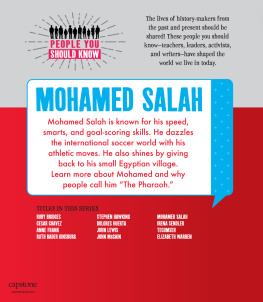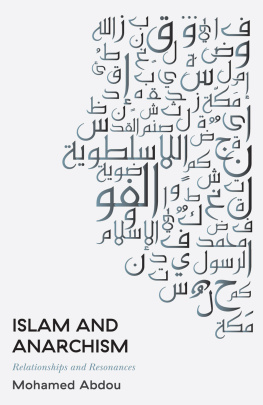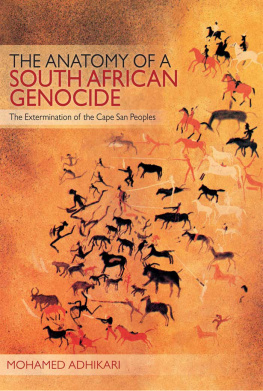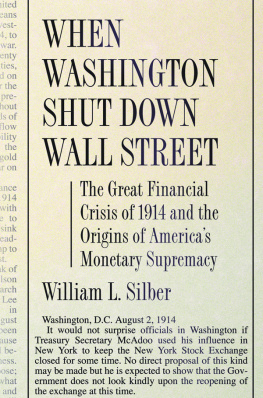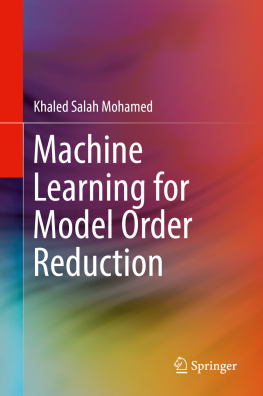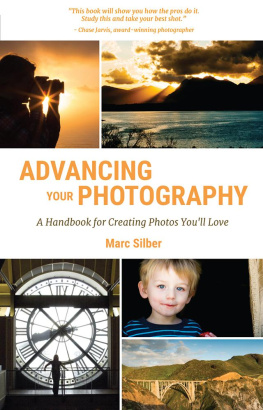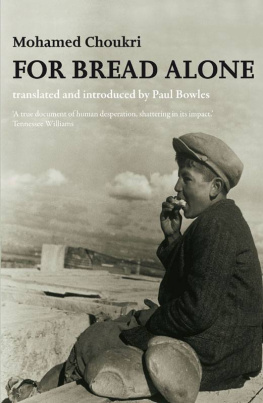2017 by the University Press of Kansas
All rights reserved
Published by the University Press of Kansas (Lawrence, Kansas 66045), which was organized by the Kansas Board of Regents and is operated and funded by Emporia State University, Fort Hays State University, Kansas State University, Pittsburg State University, the University of Kansas, and Wichita State University.
Library of Congress Cataloging-in-Publication Data
Names: Mohamed, Heather Silber, author.
Title: The new Americans? : immigration, protest, and the politics of Latino
identity / Heather Silber Mohamed.
Description: Lawrence, Kansas : University Press of Kansas, 2017. |
Includes bibliographical references and index.
Identifiers: LCCN 2016055780| ISBN 9780700623853 (cloth : alk. paper) |
ISBN 9780700623860 (pbk. : alk. paper) | ISBN 9780700624877 (ebook)
Subjects: LCSH: Hispanic AmericansPolitics and government. | Hispanic
AmericansEthnic identity. | United StatesEmigration and
immigrationGovernment policy. | Hispanic AmericansSocial conditions.
Classification: LCC E184.S75 M616 2017 | DDC 305.868/073dc23
LC record available at https://lccn.loc.gov/2016055780.
British Library Cataloguing-in-Publication Data is available.
Printed in the United States of America
10987654321
The paper used in this publication is recycled and contains 30 percent postconsumer waste. It is acid free and meets the minimum requirements of the American National Standard for Permanence of Paper for Printed Library Materials Z39.48-1992.
Preface and Acknowledgments
On some level, I have always been fascinated by the ways in which context, and becoming the other, can change ones own identity and perspective. My maternal ancestors hail from Poland and Macedonia, whereas my fathers side of the family is Cuban-Jewish, a community that challenges generalizations about either group. More than half a century after my relatives fled Cuba, for many family members, this experience continues to color their perspective on politics and life in the United States. This enduring influence has helped to shape my own ideas about the diversity underlying the Latino experience and has also guided my search for a better understanding of the dynamic relationship between politics and identity.
In particular, my paternal grandmother, who passed away in 2009, defied stereotypes in ways that continue to inspire me both professionally and intellectually. At an age when most grandparents retire, she became the first author in our family, publishing a book about sewing in both Spanish and English. Although we regularly talked politics, the most emphatic I ever heard her was in 1999, when protests erupted surrounding the case of five-year-old Elin Gonzlez, whose mother drowned at sea while bringing him from Cuba to the United States. Miamis Cuban community mobilized in support of Elins Florida relatives, who sought to keep him in the United States, while his father fought to bring him back to Cuba. Nearly four decades after leaving the island, my grandmother insisted that were she younger and healthier, she would have stopped traffic alongside the protesters to keep Elin from being sent back to Cubamarking the first and only time I ever heard her threaten civil disobedience. This exchange was one of many reminders of the fascinating ways in which premigration experiences can shape an individuals political views far into the future.
As with many first books, this project began as my doctoral dissertation at Brown University, though it has morphed into something far beyond that. Over the many years during which this book has been a work in progress, I have benefitted from the support of many people who have contributed to my scholarly development. Most importantly, I owe a tremendous intellectual debt to my two mentors. My dissertation chair, Marion Orr, remains an advisor, friend, and ongoing source of advice, inspiration, and insightful feedback. My former advisor, the late Alan S. Zuckerman, was instrumental in encouraging me to undertake this project and in shaping my early theoretical ideas. During my dissertation research, we lost Alan prematurely to pancreatic cancer. I am one of many who were fortunate to learn from Alans keen intellect. Both Alan and Marion spent countless hours reading my work and helping me to develop my ideas. I have benefitted immeasurably from their wisdom and guidance as well as their kindness and patience.
Other faculty at Brown provided essential feedback and motivation throughout this process. Wendy Schiller always pushed me forward, giving me critical direction, strategic insight, and all-important deadlines. Jim Morone enthusiastically shared his visionary perspective and incredible knack for big picture ideas. Both Wendy and Jim offered comments, advice, and intellectual support invaluable to the development of my work. Marty West provided crucial methods training and helped me to test some of my early ideas. I was also fortunate to receive intellectual support and generous feedback from other faculty members at Brown, including Melani Cammett, Pauline Jones-Luong, Richard Snyder, Susan Moffitt, Rebecca Weitz-Shapiro, and Jack Combs. Browns Graduate School and the Department of Political Science provided essential institutional and financial support for much of my dissertation research. I was also privileged to work as a dissertation fellow at Browns Center for the Study of Race and Ethnicity in America, and I am grateful to the center and to Evelyn Hu-DeHart for providing that opportunity.
I finished the manuscript while an assistant professor at Clark University, where I received tremendous support from my colleagues, particularly Valerie Sperling, Ora Szekely, Johanna Vollhardt, Mark Miller, Rob Boatright, Odile Ferly, Kristen Williams, and Janette Greenwood. The university also provided essential financial support through faculty startup funds as well as the Elmer Plischke Annual Faculty Research Award.
Beyond Clark, I benefitted enormously from the excellent feedback I received through the Gender and Political Psychology Writing Group. I am especially grateful to Mirya Holman for inviting me to join the group, for her constant advice and encouragement, for sharing her many insights on the mysteries of publishing, and for helpful comments on a number of chapters. Emily Farris has provided both friendship and scholarly advice since the earliest days of graduate school. Other group members gave extensive feedback on various chapters, including Jennie Sweet-Cushman, Tiffany Barnes, Julie Wronski, Ray Block, Nichole Bauer, Angie Bos, and Anna Mahoney. I am also thankful for the constructive suggestions provided at various stages by Melissa Michelson, Nicholas Valentino, and Ezra Zuckerman. Additionally, I am indebted to the anonymous reviewers for their insightful and detailed feedback, which helped me to significantly improve this project.
Much of this book analyzes data from the Latino National Survey (LNS), the largest survey of the Latino electorate in history. I am deeply grateful to the surveys principal investigators, Luis Fraga, John Garca, Gary Segura, Rodney Hero, Michael Jones Correa, and Valerie Martinez-Ebers, for what they have produced, for quickly working to make their groundbreaking dataset available to scholars, and for their consistent willingness to respond to questions large and small about their data.




